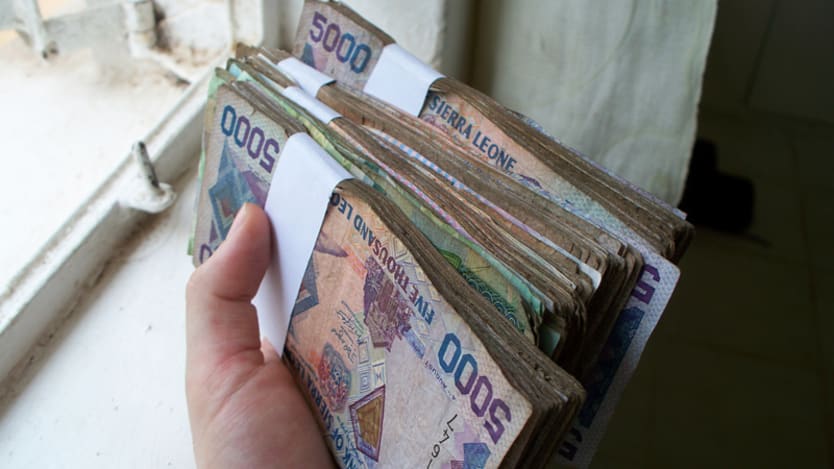
Hundreds of people are missing and feared dead after a mudslide struck the capital city of Freetown in Sierra Leone on August 15. Aid organizations have rushed in to support thousands of survivors and to search for more who are trapped in their homes underneath the mud. This lifesaving work will continue for weeks at least, followed by a longer period of rebuilding and an eventual return to normalcy.
The challenges in Freetown are many — most notably an expectation of heavy rains through August, increasing the possibility of more mudslides, waterborne disease and difficulty of timely burials for the dead. There is much to be done.
As is often the case after major natural disasters, the horrors in Freetown are being mitigated by experienced relief organizations in partnership with donors. It is not widely understood that the timeliness and quality of help to survivors relates directly to decisions donors make about giving. Put another way, public donations can expedite — or delay — the delivery of emergency services to survivors.
Here are two things to consider when the goal is to expedite relief to Sierra Leone, or anywhere disaster strikes.
See more related stories:
► Facebook introduces disaster maps, announces early partners
► Q&A: David Sanderson on rethinking urban disaster relief
► Thanks but no thanks: Unwanted goods flood disaster-struck developing countries
Cash is the best donation. Cash donations to experienced, reputable relief organizations are the most effective for survivors, the most efficient for relief organizations and the simplest for donors. Even tiny cash donations add up to give relief workers flexibility to answer needs as they change, which happens frequently in the weeks after a disaster. If trust is an issue, relief organizations are easily vetted for fiscal and programmatic integrity through online charity watchdogs, including GiveWell.org, CharityNavigator.org and CharityWatch.org.
More often than not, material donations are a problem. Unless specifically requested by relief organizations working with survivors on the ground, donations such as clothing, canned food, bottled water and household items can clog transportation hubs, divert relief workers’ time and attention, and slow the delivery of needed supplies to survivors. Well-documented examples of public largesse gone awry in Haiti after the 2010 earthquake, in Japan after the 2011 earthquake/tsunami and after Hurricane Sandy in the U.S. illustrate the consequences of giving without first connecting with a relief organization that has agreed to receive, manage and distribute the collected items.
After most major disasters in the past 50 years, copious donations of unrequested used clothing, canned food and household supplies — referred to by relief personnel as “the second disaster” — have wreaked logistical havoc on responses, are frequently culturally inappropriate and cost millions of dollars to manage. Academic studies of this phenomenon point to a combination of passionately good intentions by donors coupled with a lack of understanding of how disaster responses are organized, and how survivor needs are assessed and met.
The good news is that donors are increasingly looking to responders for guidance on what survivors need. For now, in Freetown and elsewhere, the smart money is in cash donations.
Join the Devex community and access more in-depth analysis, breaking news and business advice — and a host of other services — on international development, humanitarian aid and global health.








